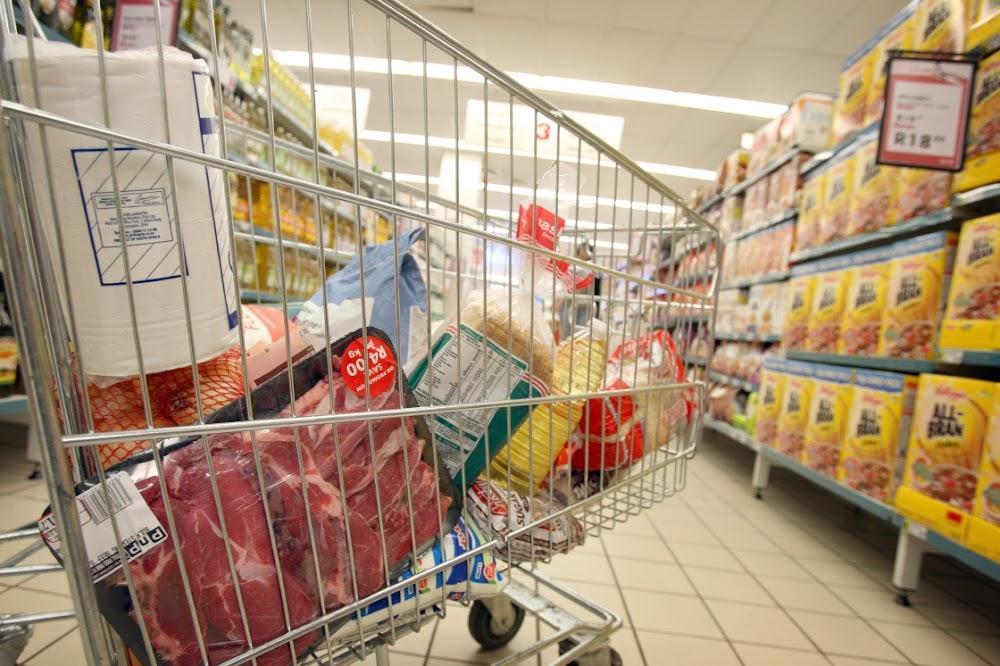Africa-Press – South-Africa. Openly discussing black tax, using loyalty cards, outsmarting the grocery bill and handling debt properly may help the sandwich generation beat the current financial squeeze.
This is according to Atlas Finance’s risk director Niresh Gopichand, who said between raising children, supporting ageing parents and carrying the unspoken weight of black tax, little remains once the basics are covered.
He said with electricity costs rising by 68% and water by 50% in just a few years, according to the Competition Commission’s Cost of Living Report (2025), the squeeze was becoming unbearable.
“This is the daily reality of the sandwich generation, those caught between two sets of financial dependents, their children and parents, and in some cases, grandparents. The percentage of households supporting multiple generations rose from 41% in 2024 to 44% in 2025, according to Old Mutual’s 2025 Savings & Investment Monitor.”
“The biggest risk right now isn’t always the large expenses we plan for, it’s the small, unexpected ones. A sudden doctor’s visit or burst geyser can topple a fragile budget and trigger missed payments on essentials.”
But Gopichand believes families could take “small, practical steps” to stay afloat.
“You’re not alone, the data proves what families already feel. Start with a budget audit: list every income and every expense, especially utilities. Writing it down creates clarity and is the first step to regaining control.”
He advises breadwinners to address black tax.
“Black tax often goes unspoken, but silence makes it heavier. Have honest conversations with parents and siblings about rising costs. Could contributions be shared differently like a sibling taking over the electricity bill directly? Adjusting support doesn’t mean abandoning family, it’s a survival strategy,” said Gopichand.
He recommended “taming” runaway utilities.
“With electricity and water swallowing incomes, small actions can add up. Track electricity use on prepaid apps. Move energy-heavy tasks like ironing to off-peak times. Swap just a few bulbs for LEDs. Fix leaking taps or toilets quickly and reuse grey water.”
Groceries are one of the hardest-hit areas.
“Plan meals and shop with a strict list. Opt for store-brand basics such as maize meal or rice or buy essentials on specials. Bulk buy non-perishables with friends or neighbours to unlock savings,” said Gopichand.
Debt must be handled carefully, he warned.
“Emergencies are inevitable. A small short-term loan can prevent a bigger crisis, but only if managed with discipline. Borrow only for unavoidable costs, for example a medical bill or burst geyser. Plan repayment before borrowing and include it in your budget. Use regulated lenders who are transparent about costs.”
South Africans must look out for hidden costs and try to use loyalty cards where possible.
“Scan your bank statement for small deductions. A gym you don’t use, a streaming service you hardly watch. Cancelling R50 here and R80 there could free up money for higher utility bills.”
“Many supermarkets and retailers offer loyalty programmes that give instant discounts or cash back. These small savings add up over time if you swipe consistently. Compare which stores give the best benefits for the items you buy most and avoid letting unused points go to waste. Even shaving R20 off your grocery bill every week is money that can cover rising utility costs,” said Gopichand.
Gopichand added that while consumers could not stop prices from going up, changing how they respond would help.
For More News And Analysis About South-Africa Follow Africa-Press






